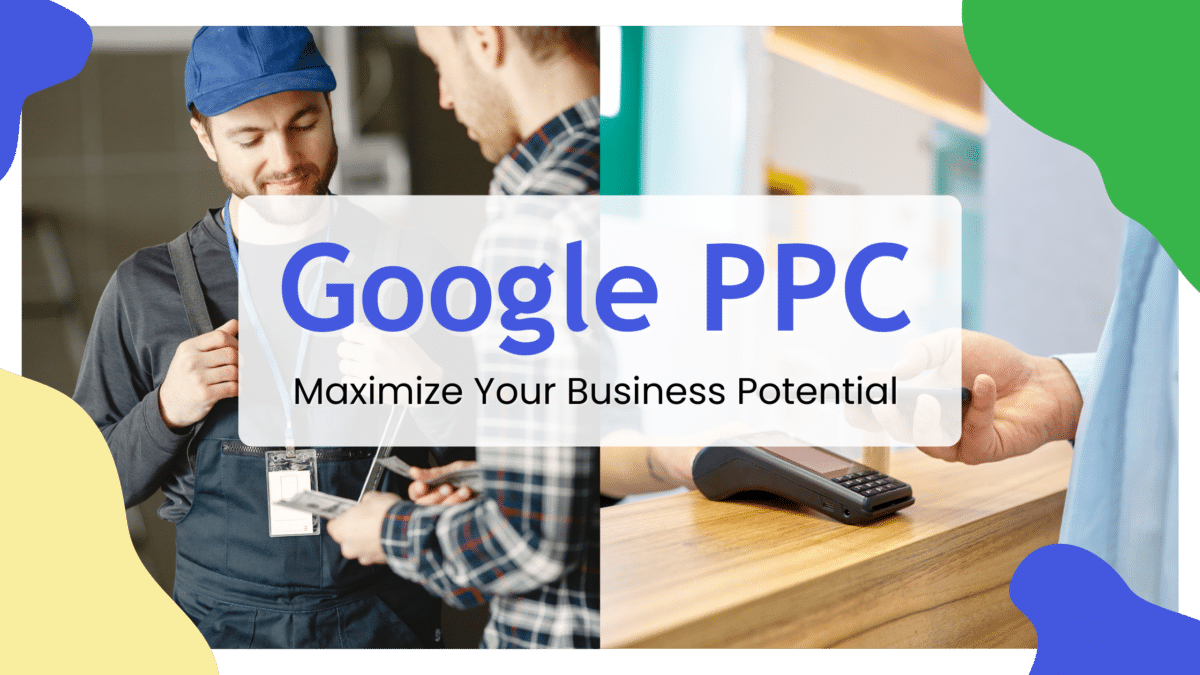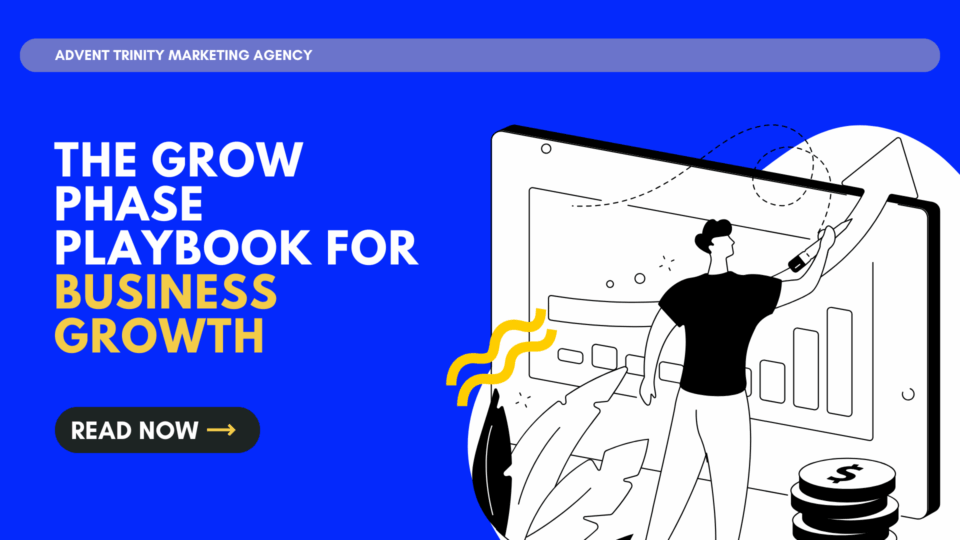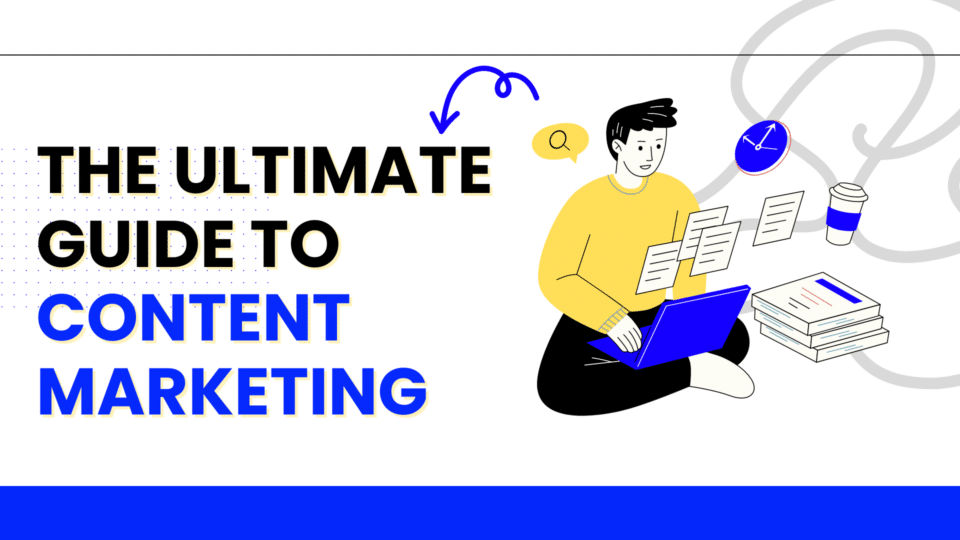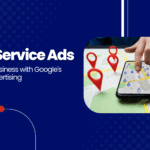
Unlock the Power of Google’s Local Service Ads Now
August 5, 2024
Unlock Your Target Audience With This Complete Guide
August 13, 2024In the ever-evolving digital landscape, businesses need effective strategies to reach their target audience and drive growth. Google Pay-Per-Click (PPC) advertising stands out as one of the most powerful tools for achieving these goals. This blog will explore the intricacies of Google PPC, its benefits, how it works, and tips for creating successful Google PPC campaigns.
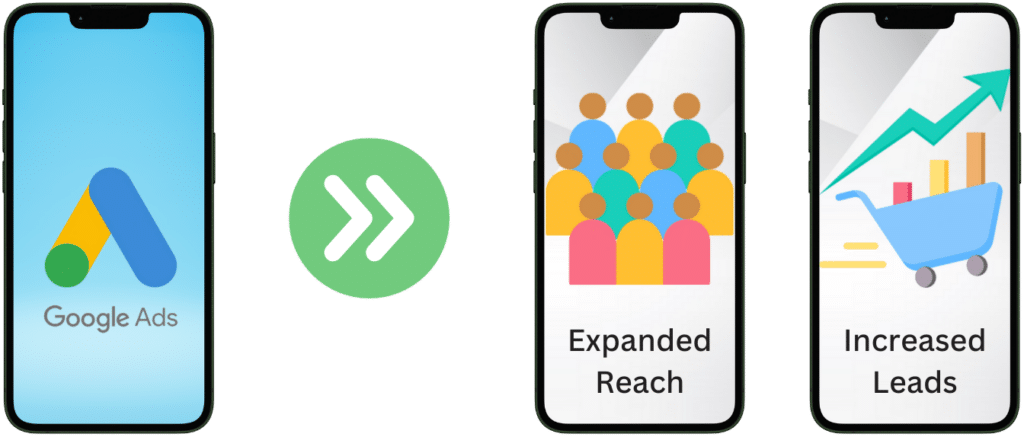
What is Google Pay-Per-Click (PPC)?
Google PPC advertising allows businesses to display ads on Google’s search engine results pages (SERPs). These ads are typically text-based and appear when users search for relevant keywords. Unlike organic search results, PPC ads require businesses to bid on keywords, paying a fee each time someone clicks on their ad.For more detailed information and to get started, visit the official Google Ads page.

Key Benefits of Google Pay-Per-Click (PPC)
- Immediate Visibility: PPC ads appear above organic search results, ensuring immediate visibility for your business.
- Targeted Advertising: With keyword-based targeting, you can reach users actively searching for your products or services.
- Cost Control: The cost-per-click (CPC) model allows you to control your budget and measure return on investment (ROI) effectively.
- Measurable Results: Google provides comprehensive tools to track ad performance, offering insights into click-through rates, conversion rates, and more.
- Customizable Ads: You can tailor your ad content, including headlines, descriptions, and URLs, to attract potential customers.
Ad Extensions: Enhance your ads with additional information such as contact details, links to specific pages on your website, and product listings.

How Does Google PPC Work?
Keyword Research
The foundation of a successful PPC campaign is thorough keyword research. Identify the keywords and phrases potential customers use to search for your products or services. Tools like Google Keyword Planner can help you discover relevant keywords and estimate their search volume and competition.
Creating Your PPC Ad
Crafting an effective PPC ad involves several key components:
• Headline: A compelling headline grabs attention and entices users to click.
• Description: Provide clear and concise information about your offering, highlighting its benefits.
• Display URL: This is the web address shown in your ad. It should be clean and relevant to the ad content.
• Ad Extensions: Utilize ad extensions to include additional information like phone numbers, location, or links to specific sections of your website.
Bidding and Budgeting in Google PPC
Google Pay-Per-Click (PPC) uses an auction-based system. You decide how much you’re willing to pay for a click on your ad by setting a maximum bid for each keyword. Additionally, you control your overall spending by setting a daily or monthly budget.
Ad Placement and Quality Score
Where your ad appears is determined by your bid amount and something called Quality Score. Quality Score is based on factors like how relevant and high-quality your ad is, including its click-through rate, ad relevance, and the experience users have on your landing page. Higher Quality Scores can help your ad appear in better spots at lower costs.
Monitoring and Optimization of Google PPC Campaigns
It’s important to regularly check your PPC campaigns to see how they are performing. Use Google Ads’ tools to look at key metrics and find areas that need improvement. Adjust your bids, keywords, and ad content based on this data to optimize your campaigns and get the best return on your investment (ROI).

Tips for Creating Successful Google PPC Campaigns
- Conduct Thorough Keyword Research: Use tools and analytics to find the most relevant and high-performing keywords for your business.
- Write Compelling Ad Copy: Focus on clear, persuasive language that highlights the benefits of your products or services.
- Use Negative Keywords: Identify and exclude keywords that are not relevant to your business to avoid wasting your ad spend.
- Optimize Landing Pages: Ensure that the landing pages users are directed to are relevant, user-friendly, and optimized for conversions.
- Leverage Ad Extensions: Utilize all available ad extensions to provide additional information and enhance the effectiveness of your ads
Key Takeaways
Google PPC advertising is a powerful tool for businesses looking to increase their online visibility, drive targeted traffic, and boost conversions. By understanding the mechanics of PPC, conducting thorough keyword research, and continuously optimizing your campaigns, you can achieve significant results and grow your business effectively.
For more information and to start setting up your Google PPC campaigns, visit the official Google Ads page.
Embrace the power of PPC advertising and unlock the full potential of your business. With the right strategy and execution, Google PPC can be a game-changer for your digital marketing efforts.

